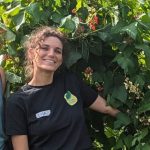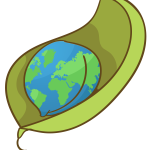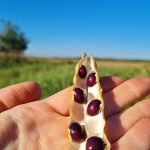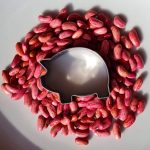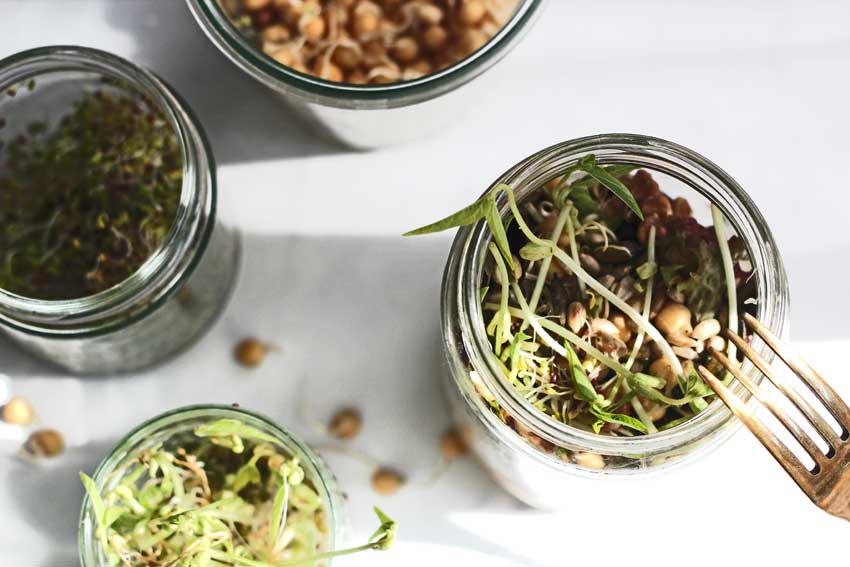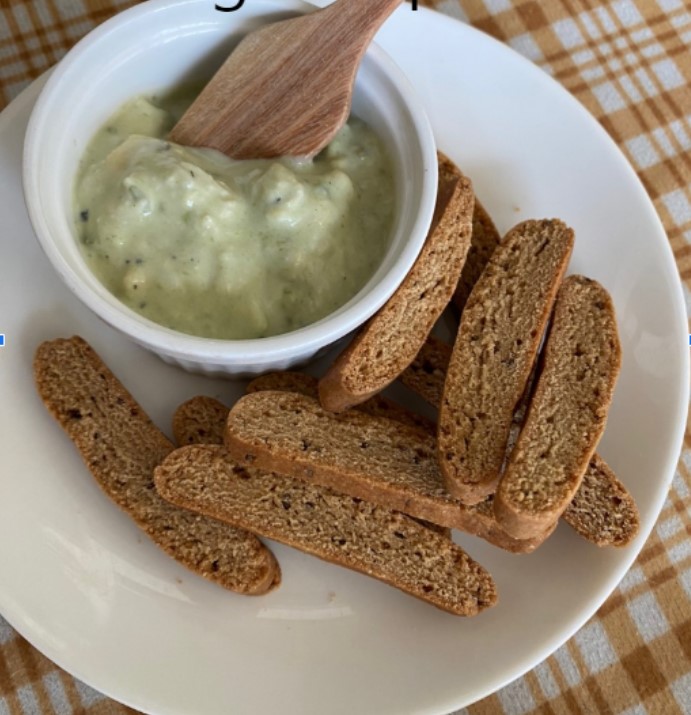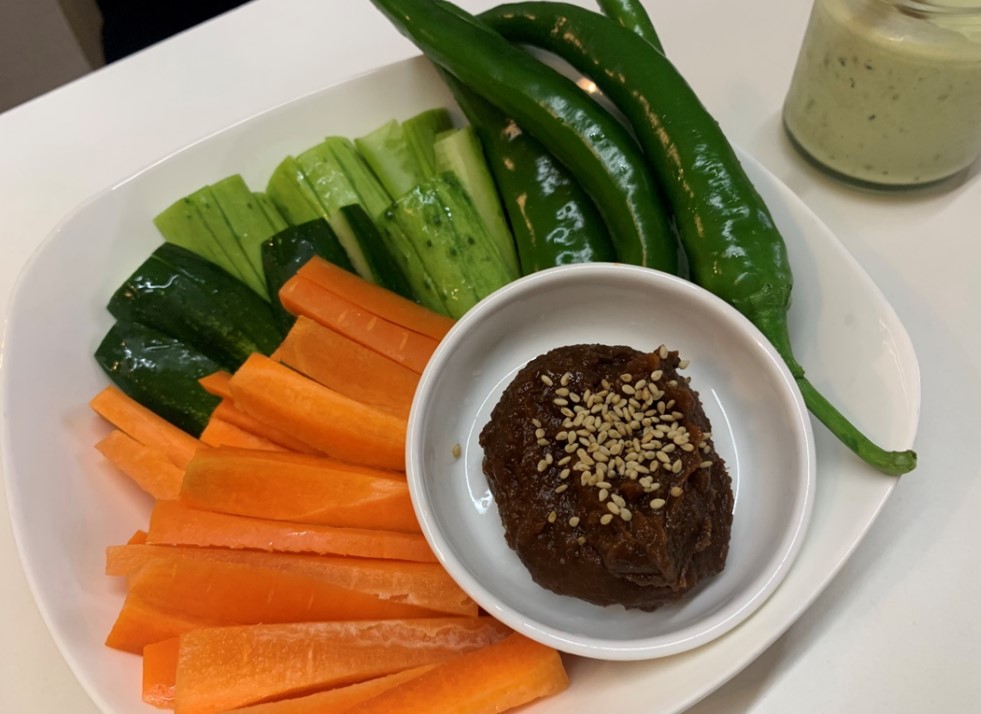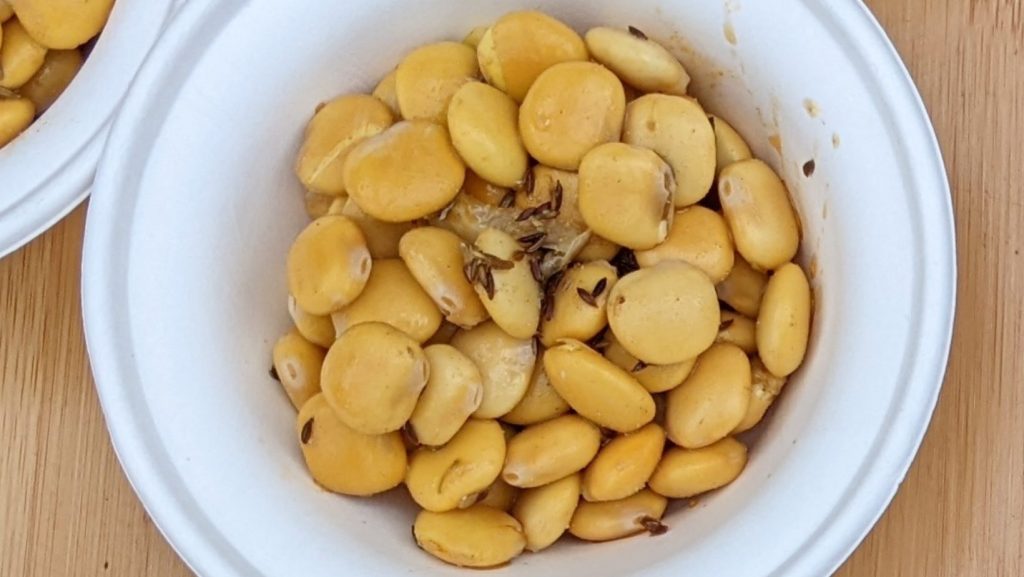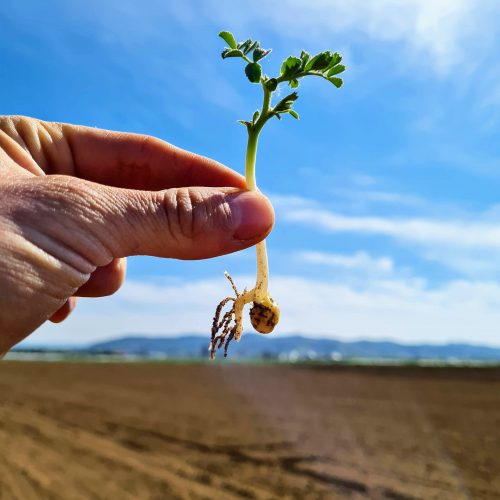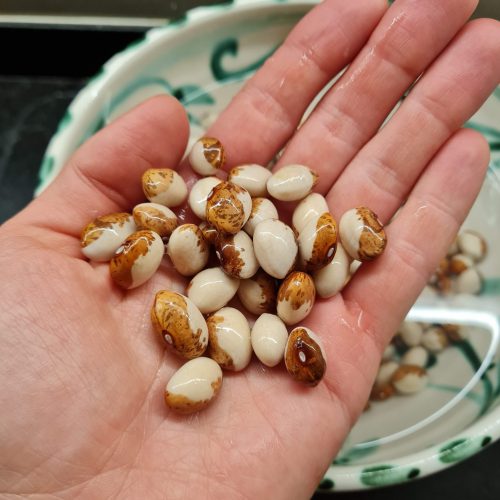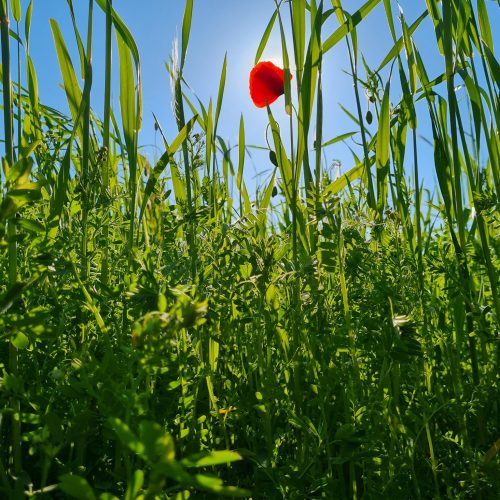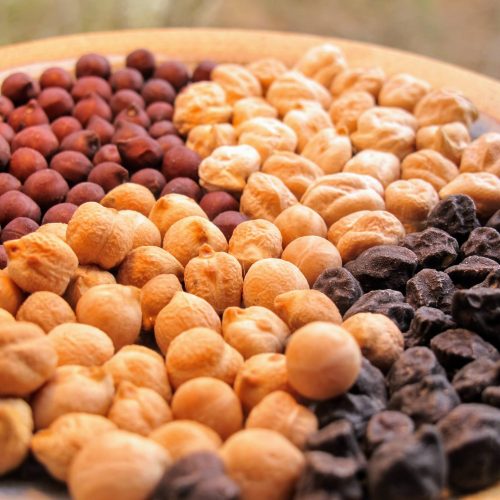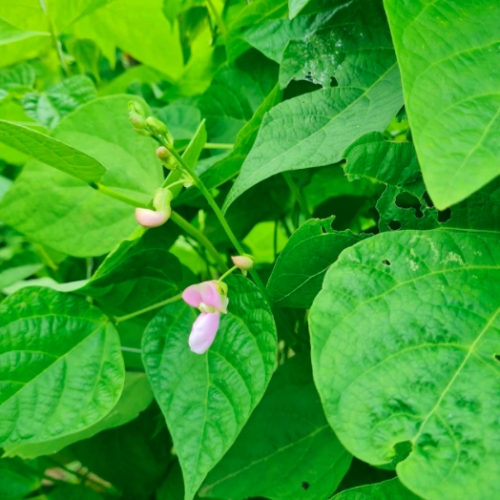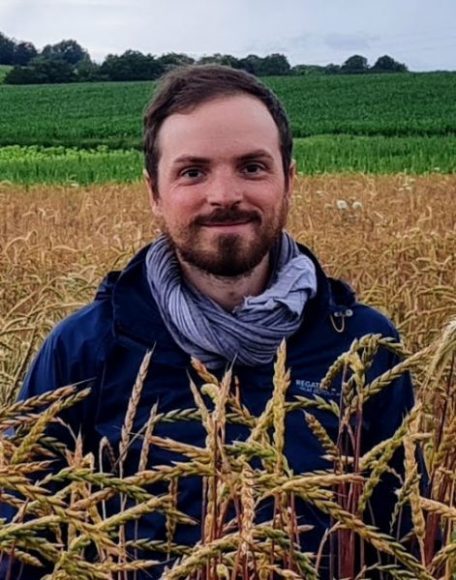I'm working across Europe to promote a diversity of pulses in crop rotations and in the kitchens.
Based on my experience as an academic researcher in France and Sweden, and as a crop advisor in Germany, I started the initiative Lumineuses to:
- Look for the locally best varieties of beans, peas, chickpeas, and lentils, testing new crops at field scale with farmers and help them to sort, clean and sell the harvest.
- Communicate to the general public the love of growing pulses and cooking them (project with school children, cooking workshops).
I currently live in Clermont-Ferrand, France.
Read more information about me in this interview: https://www.globalbean.eu/articles/meet-the-global-bean-partners-nicolas-carton/
Global Bean projects we are involved in:
We can offer:
- experience in academic research: knowledge and EU-wide contacts on legume-cereal intercropping & crop diversification.
- practical experience as an advisor for soybean production (tofu).
- network of pulses-motivated researchers, farmers and organizations in Germany, Sweden, France and Spain.
- practical advice when setting up trials of new crops, including post-harvesting steps.
We seek:
Reach a broader community to communicate with farmers and food consumers, network with other initiatives to inspire each other.
In the Global Bean network since:
May 2021
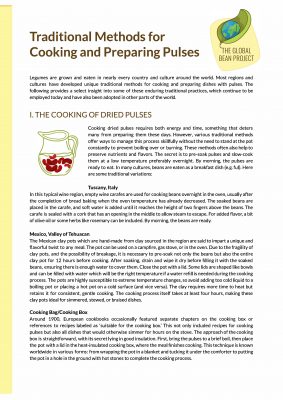
Legumes are grown and eaten in nearly every country and culture around the world. Most regions and cultures have developed unique traditional methods for cooking and preparing dishes with pulses. The following provides a select insight into some of these enduring traditional practices, which continue to be employed today and have also been adopted in other parts of the world.
Read more
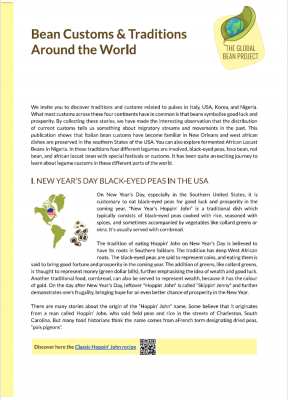
We invite you to discover traditions and customs related to pulses in Italy, USA, Korea, and Nigeria. What most customs across these four continents have in common is that beans symbolise good luck and prosperity.
Read more
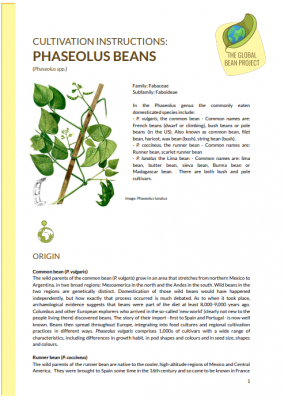
The wild parents of the common bean (P. vulgaris) grow in an area that stretches from northern Mexico to Argentina, in two broad regions: Mesoamerica in the north and the Andes in the south. Wild beans in the two regions are genetically distinct.
Read more

Pulses like beans, peas, lentils and chickpeas are a simply delicious, naturally nutritious food. Because of this, most national and international dietary guidelines recommend eating more pulses. The suggested amount varies between at least one portion of 25 g dry/80 g cooked pulses per day - like in Portugal - up to 3 cups (720 mL) in the US per week.
Read more
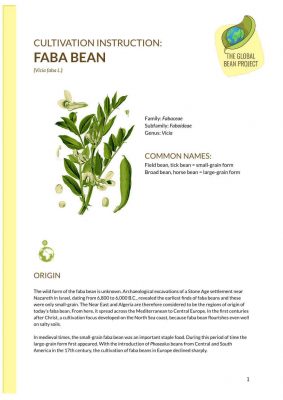
Ever wondered how to cultivate Faba Beans? Having trouble finding the perfect soil conditions?
Here you will find everything, from the plant's characteristics to best cultivation practices, the bugs and pests to watch out for, and further fun facts.
Read more
Amanuel works at the Gardulla People Development Association in southern Ethiopia, and he is a partner of the Global Bean project. GPDA is implementing “agroforestry for sustainable development of people and nature” and supports small-scale farmers in soil and water conservation, farm yield productivity and rehabilitation of degraded lands.
Read more
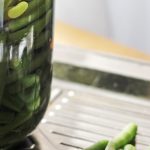
Fermentation is one of the oldest and most straightforward methods of food preparation. Enzymes produced by microorganisms like bacteria, yeasts, and mold, have long been used by humans to produce food that is both delicious and nutritious. Commonly eaten foods produced through fermentation include bread, dairy products, sauerkraut, and kimchi. In this online event, we
Read more
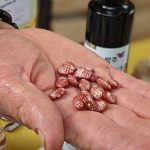
Summary: The event took place on the 16th of March 2023, from 17:00 to 18:30 CET: The Fabaceae family is immense. Beans have been one of the most widely used crops for millennia, but not only the common bean but also the well-known lentils, peas chickpeas and faba beans have been used in the human
Read more

Watch the recording of the baking class here: Find here the recipes – Swiss Dreikönigskuchen (Bean-Based Version) – Galette Des Rois With Sweet Azuki Bean Puree Filling Summary We started 2023 with GOOD LUCK! Older even than the Princess on the Pea is the Bean King across Europe. This ancient custom ends the dark cold
Read more
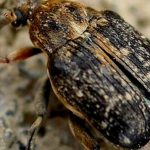
Yellow, spotted, eaten leaves, discoloured seeds and pods. Weevils and other insects, mosaic viruses, mould and drought. These, among many others are problems you might encounter in your legume garden.
Read more
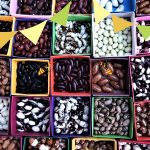
Exchanging seeds and telling stories about them is probably among the oldest springtime rituals ever since humans started farming. Films, instructions, presentations and discussions were shared on March 2nd 2022 during the Global Bean Seed Festival.
Read more


 Publications
Publications Showgarden
Showgarden Recipes
Recipes Events
Events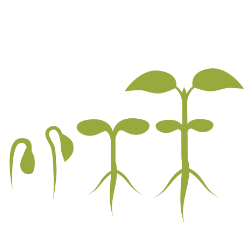 Articles
Articles










